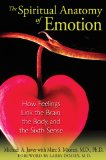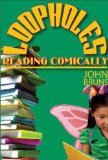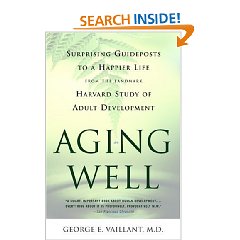new book – ‘The Spiritual Anatomy of Emotion: How Feelings Link the Brain, the Body, and the Sixth Sense’
May 30, 2009
The Spiritual Anatomy of Emotion: How Feelings Link the Brain, the Body, and the Sixth Sense by Michael Jawer with Dr. Marc Micozzi (Park Street Press/Inner Traditions, 2009)
Product description from the publisher:
A cutting-edge examination of feelings, not thoughts, as the gateway to understanding consciousness
• Contends that emotion is the greatest influence on personality development
• Offers a new perspective on immunity, stress, and psychosomatic conditions
• Explains how emotion is key to understanding out-of-body experience, apparitions, and other anomalous perceptions
Contemporary science holds that the brain rules the body and generates all our feelings and perceptions. Michael Jawer and Dr. Marc Micozzi disagree. They contend that it is our feelings that underlie our conscious selves and determine what we think and how we conduct our lives.
The less consciousness we have of our emotional being, the more physical disturbances we are likely to have–from ailments such as migraines, fibromyalgia, chronic fatigue, and post-traumatic stress to anomalous perceptions such as apparitions and involuntary out-of-body experiences. Using the latest scientific research on immunity, sensation, stress, cognition, and emotional expression, the authors demonstrate that the way we process our feelings provides a key to who is most likely to experience these phenomena and why. They explain that emotion is a portal into the world of extraordinary perception, and they provide the studies that validate the science behind telepathic dreams, poltergeists, and ESP. The Spiritual Anatomy of Emotion challenges the prevailing belief that the brain must necessarily rule the body. Far from being by-products of neurochemistry, the authors show that emotions are the key vehicle by which we can understand ourselves and our interactions with the world around us as well as our most intriguing–and perennially baffling–experiences.
See also: Website for the book for excerpts and more…





